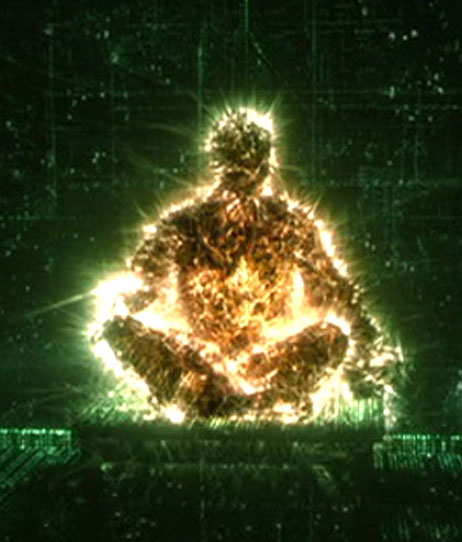Basics of Particle Physics: books and courses
Where to learn entry-level particle physics? Like most people, I have been hearing about words like “quarks, hadrons, leptons” since junior high school. However, I have never known the next step for learning more about them. The talk by David Gross during a summer school in Sweden last summer completely aroused interest in this subject.
During the lunar new year season, which was early February this year, I found time to dive into this subject a little. I want to first get an overview of this subject, focusing on building a physical picture and intuitive feelings, avoiding technical details as much as possible. Therefore, I started exploring all kinds of textbooks and videos to searchfor what I want.
